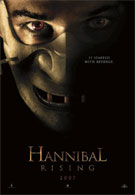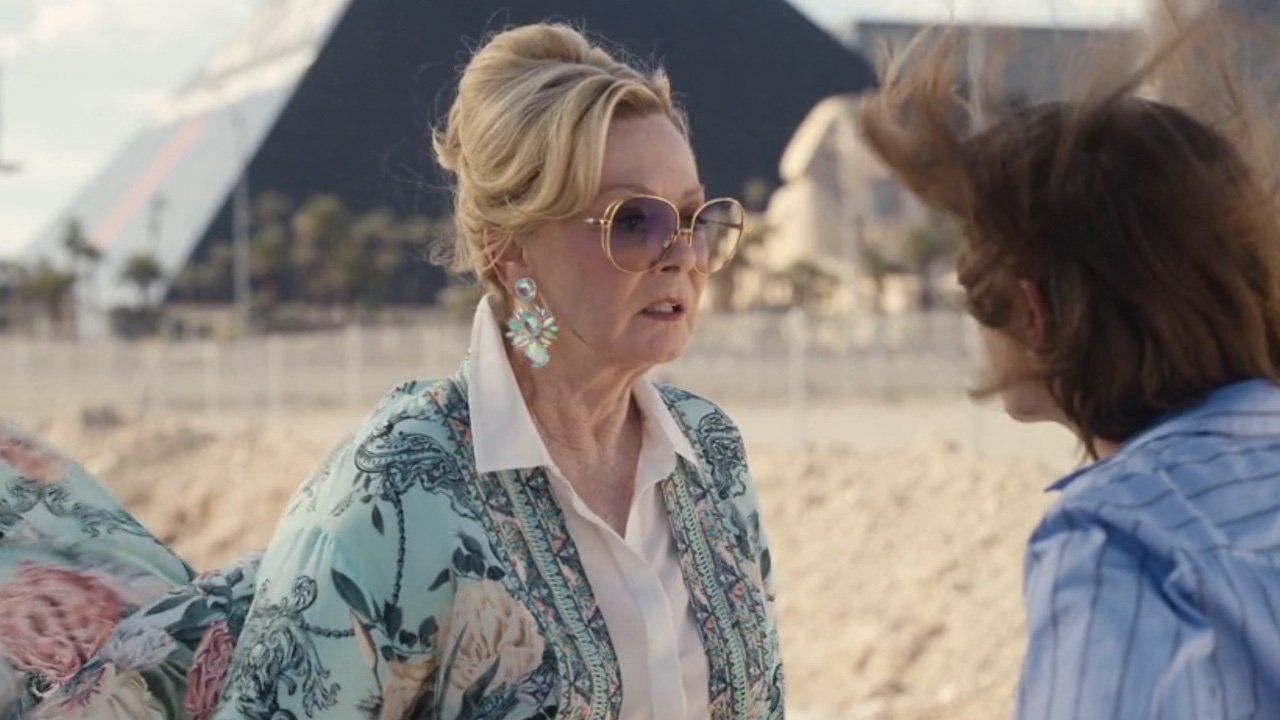Everyone’s favorite cannibal doctor is back and this time, he’s pissed. But you would be too if your family was Word War II fodder and looters ate your kid sister. Hannibal Rising follows young Lecter’s descent into infamy and cinematic trash, as he seeks murderous revenge for the death and consumption of his sister. If you’ve ever wondered what makes Hannibal’s mysterious allure so attractive, it could be that that young Doctor Lecter is also a samurai. That’s right, a samurai, which is just one of the many sins of Hannibal’s latest outings.
Before Hannibal Rising’s obvious cash in, the cinematic obsession with Hannibal Lector certainly began with Anthony Hopkins’ stand out performance in Silence of the Lambs. Despite having only 16 minutes of screen time, the Hannibal character captured the audiences’ curiosity. How could an intelligent sophisticate have a sweet tooth for human flesh? In trying to answer that question, Hannibal Rising completely destroys any curiosity or fear that was once associated with the cannibal.
Aside from the abysmal plot, in which a 16 year-old Hannibal lives with his Japanese aunt in post-war France and spends a week training as a samurai and another week playing doctor in between hunting down his sister’s killers, the acting is flaccid and sometimes even ridiculous. At first, young Hannibal is presented as a mute and it’s too bad that he didn’t stay that way, as French actor Gaspard Ulliel awkwardly delivers post-killing one-liners that would make Hopkins weep. And the usually phenomenal Gong Li (2046) is forced to play Hannibal’s aunt/love interest, whose presence is flat out confusing. Other than infusing Hannibal with the way of the samurai, his aunt tags along, until she serves as a plot device in the third act.
With a samurai sword-wielding cannibal doctor as his main character, you would think that director Peter Webber could muster an ounce of excitement, even if he resorted to camp. But Hannibal Rising is flat out boring. One by one Hannibal predictably offs his victims in a fashion that provokes more yawns than screams. Webber doesn’t even try to create any tension in Hannibal’s dastardly deeds – most of the killings take place off screen and Hannibal’s appetite is implied and discovered through crime scene photographs.
However, the burden of boredom cannot be completely lumped on to Webber’s shoulders. The script, penned by Hannibal’s creator Thomas Harris, completely dismisses the emotional transformation of a man into a monster by introducing him as the unfeeling embodiment of evil who has no problem eating human flesh right off the bat. From the first moment 16 year-old Hannibal appears (eight years after 8 year-old Hannibal is left for dead), he is completely void of any emotion and his motivations are one dimensional. There is no inner conflict; Hannibal simply had a traumatic childhood experience that changed him instantaneously. How drab and uninspired.
As with the mystery behind Hopkins’ Hannibal, the potential of Hannibal’s origins intrigues us. We want to witness the decay of Hannibal’s morality, while he retains his intelligence, but Hannibal Rising jumps that time in Hannibal’s life. We are first presented an innocent 8 year-old Hannibal and then a 16 year-old monster, with the lame excuse that Hannibal died with his sister. Considering that the “eight years later” jump comes about 15 minutes into the film, we are left with a boring, 100-minute “who gives a shit?” cash in.











